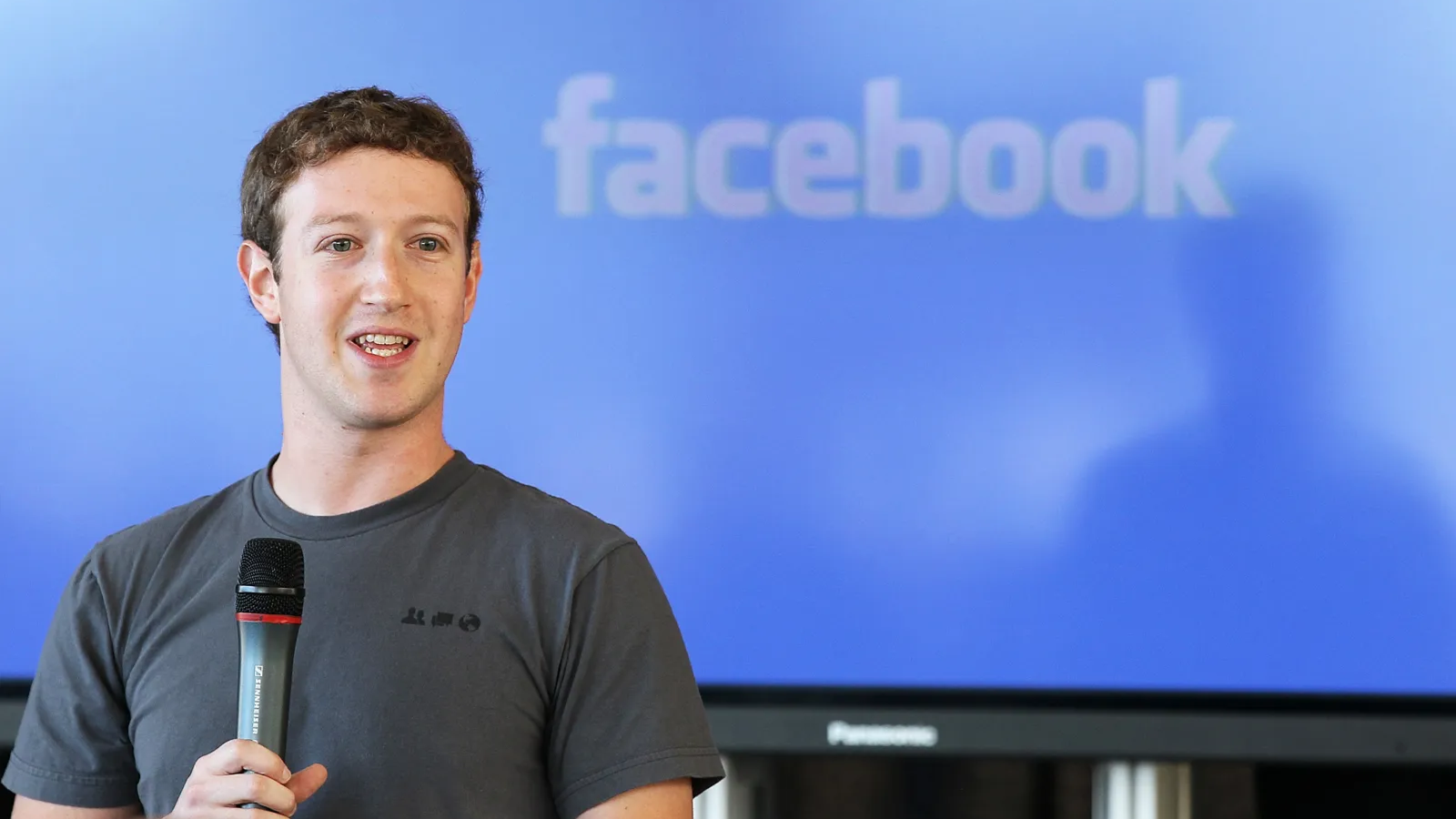Facebook's Finally Cracking Down on Those Annoying Spam Posts (But Is It Enough?)

Let me be honest – we've all had that moment of rage-scrolling through Facebook, wondering why on earth we're seeing so many peculiar posts with captions that have absolutely nothing to do with the content. You know the ones I'm talking about: a cute puppy video with three paragraphs about cryptocurrency, or a sunset photo with 47 random hashtags. 🙄
Well, it looks like Meta has finally noticed our collective eye-rolling, because they're introducing some new measures to combat this spammy content nightmare. But before we celebrate too much, let's break down what they're actually doing (and what they're conveniently ignoring).
What Facebook Is Actually Targeting
Meta is focusing on three main spam tactics:
- Those bizarre, unrelated captions – You know, when someone posts a picture of their breakfast but writes a caption about property investing. Meta says accounts doing this will only have their content shown to followers and won't be eligible for monetisation. (Translation: post weird, get punished.)
- Hashtag overload – The days of cramming 30+ hashtags into your post may be numbered. Whilst Meta didn't specify an exact limit, they're clearly targeting those posts that look like a hashtag explosion.
- Content farms and spam networks – Those mysterious accounts that all share identical content? Meta's coming for them too, promising reduced reach and no monetisation.
They're also testing comment downvotes (again) to help identify spammy replies. If this sounds familiar, it's because they've tried this same feature in 2018, 2020, 2021, and on Instagram this year. Fifth time's the charm, right? 🤞
The Elephant in the Room They're Ignoring
Here's where things get interesting for us brand-focused folks. Meta is completely sidestepping the massive issue of AI-generated spam flooding the platform. You've seen these posts – the eerily perfect AI-generated images with captions designed to trigger emotional responses.
The irony? Meta is actively pushing users to create content with their own AI tools whilst simultaneously trying to combat spam. It's like giving everyone matches whilst complaining about fires.
What This Means For Your Brand
If you've been using Facebook as part of your brand strategy (and many of my clients still see brilliant results there), here's what you need to know:
- Keep captions relevant to your content – This sounds obvious, but ensure your written content actually relates to your visual content. Novel concept, I know!
- Be strategic with hashtags – Quality over quantity, friends. Use a few targeted, relevant hashtags rather than throwing in every keyword you can think of.
- Focus on authentic engagement – The changes suggest Meta's algorithms will increasingly favour genuine interaction over artificial engagement tactics.
- Don't rely on "tricks" – Those "algorithmic hacks" promising to boost your reach? They're exactly what Meta is trying to eliminate.
Remember when we could just post something without worrying about beating an algorithm? Those were the days! But in 2025, strategic, authentic content is what wins – and honestly, that's how it should be.
My Two Pence
Whilst I applaud Meta for finally addressing these irritating spam tactics, it feels a bit like putting a plaster on a broken arm. The bigger issue – the flood of AI-generated content designed specifically to game engagement metrics – remains largely untouched.
For those of us focused on building genuine brand connections, this is actually good news. As platforms continue to try (however imperfectly) to prioritise authentic content, businesses with real value to offer have the advantage.
Have you noticed an uptick in spam on your Facebook feed lately? Or have you accidentally fallen into any of these "tactics" without realising they could hurt your reach?